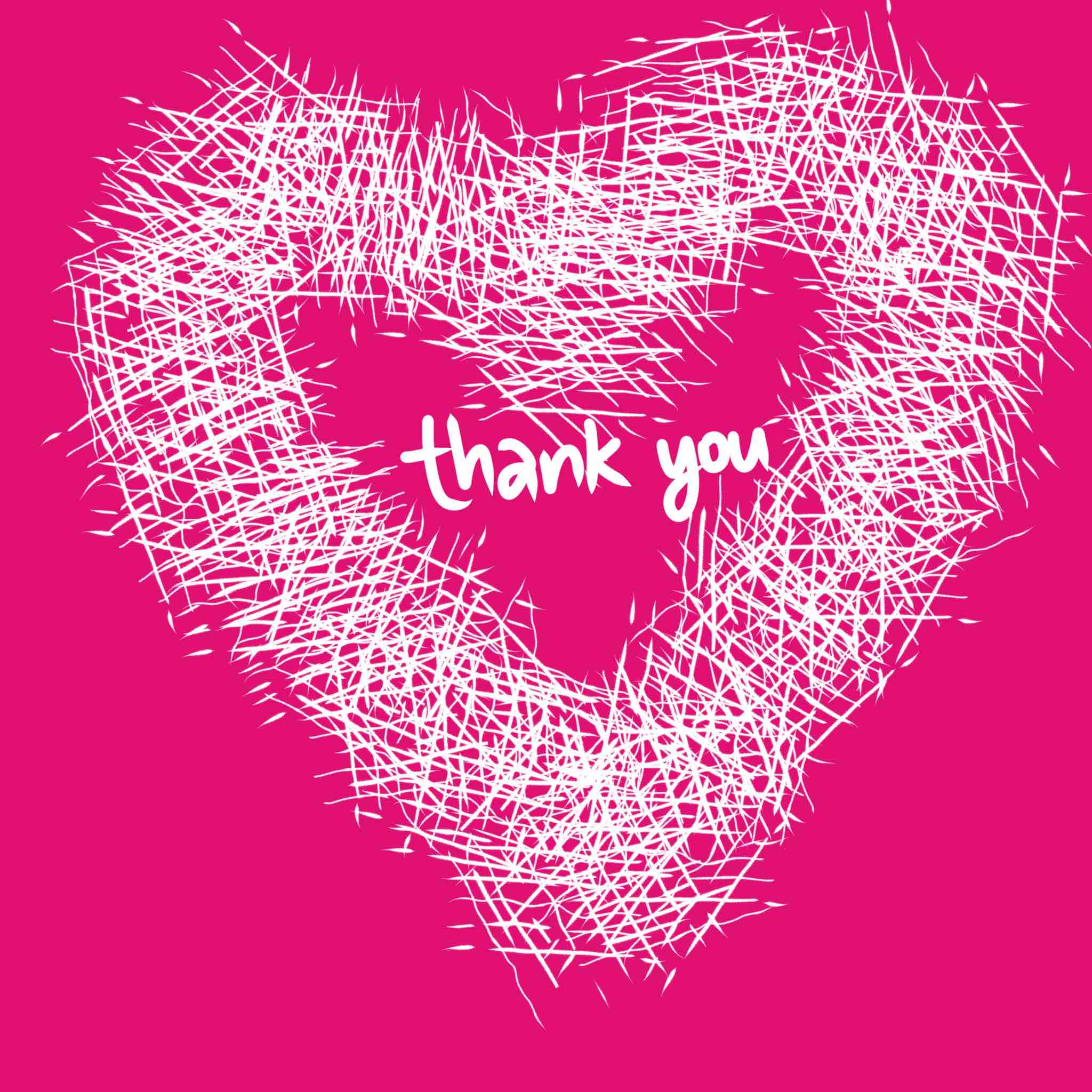What’s the backstory and how will you uncover it
 Saturday, September 19, 2020 at 11:50AM
Saturday, September 19, 2020 at 11:50AM Many a meeting or workshop happens because we want to gather ideas from people, or ‘bring them along’ as a group or team.
And each meeting presents ideal opportunities to connect, engage and share stories.
But some meetings don’t allow even a few minutes here and there to listen and learn from people’s experiences.
It’s such a shame we might push on with progress and not value this experience.
If you’re feeling a disconnect or distance in your team or group, be sure to build in and allow time for sharing stories.
It’s how we make sense of what’s going on.
Invest some time:
- at the start of meetings
- between agenda items
- returning from breaks
... to hear from people.
Give more time to understand a backstory or personal perspective.
It can help inform what happens next.



















